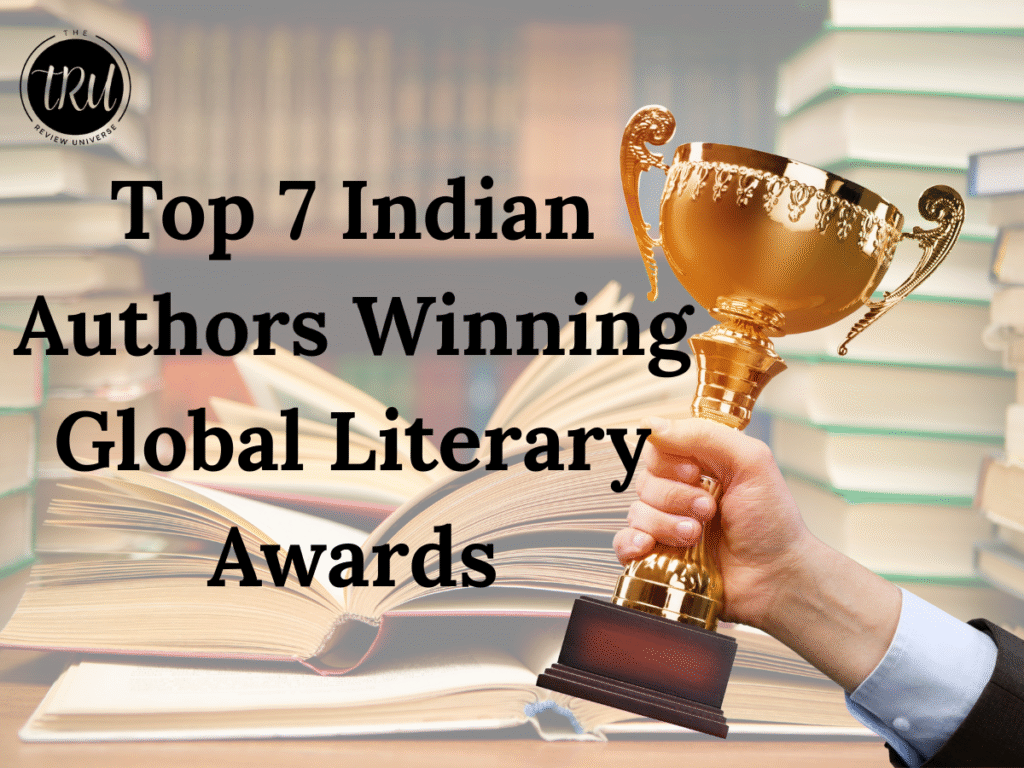
Indian Literature by Indian Authors brings a long and rich history, celebrated for its narratives and prose.
The different cultural shades over the decades gather profound storytelling, international glory, winning prestigious prizes and bring local voices to a global audience.
Several Indian Authors have not only gained a fan following and love from worldwide readers but also made an important mark on the literary landscape.
From International Booker Prize honorees to the Booker Prize winners, the work is remembered and narrated to provoke thoughts, inspire, uplift the regional words and redefine the Indian storytelling back to its roots.
In this article, we get right into the seven Indian Authors whose books have won various prizes and global literary awards.
Let’s dive into the concepts, genres, topics, themes, stories and behind-the-scenes of narrations of every Indian Author.
1.In a Free State by V.S. Naipaul (Booker Prize, 1971)
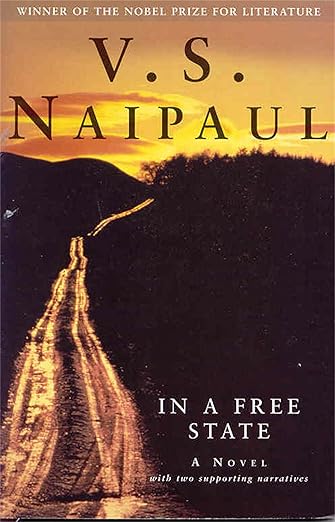
Vidiadhar Surajprasad Naipaul is one of the most noteworthy writers of the 20th century. The Indian Author who wrote ‘In a Free State‘ won the Booker Prize in 1971, cementing his status in Indian Literature.
There are three interconnected narratives, such as “Tell me who to kill”, “One out of many” and “In a free state”.
These stories set against the backdrop of post-colonial societies in Africa explore the themes of exile, human condition and identity as living beings.
Naipaul is marked by incisive prose, keen observation and account of societal changes ‘In A Free State‘ novel. It is more than collected stories, but it has Naipaul’s mystery in his ability to combine personal narratives with sociological cases and subjects.
2. Midnight’s Children by Salman Rushdie (Booker Prize, 1981)
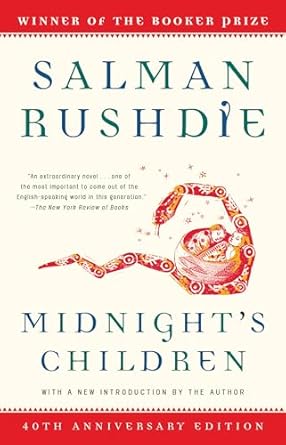
Salman Rushdie is one of the Indian Authors who made a landmark in modern literature. ‘The Midnight’s Children‘ novel is the winner of the Booker Prize in 1981.
This novel weaves seamlessly with Indian Literature and Indian history with a spell of realism and unforgettable narratives.
Saleem Sinai narrated a story about a boy born at the exact moment, precisely on the day of India’s Independence. As I have said, we Indian have something for the partition phase.
Saleem’s life is insurprisingly linked with the nation’s fate, blending personal humour, symbolism, and political aspects with a surreal touch.
The book ‘The Midnight Children‘ conveys themes of history, destiny and identity through a clever narrative with an innovative structure by the writer.
3. The God of Small Things by Arundhati Roy (Booker Prize, 1997)
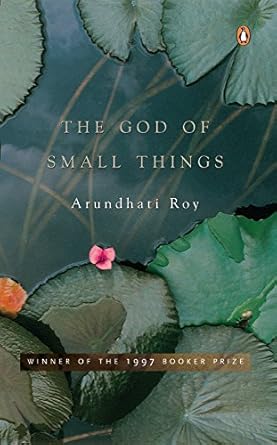
‘The God of Small Things‘ is the debut novel by Arundhati Roy, which won the Booker Prize in 1997. This book helps her make a name in literary groups. The novel is set in Kerala with twins Rahel and Estha, who are exploring the family’s tragic past and societal norms.
The Only Indian Author brings Indian literature with modern complexities and adds a poetic, lyrical and intensely emotional overview, the narrative moves between past and present, capturing the memory, family bonds and trauma through it.
Roy’s marginalised voice and her mastery of language make this novel worldwide famous for its compelling story.
4. The Inheritance of Loss by Kiran Desai (Booker Prize, 2006)
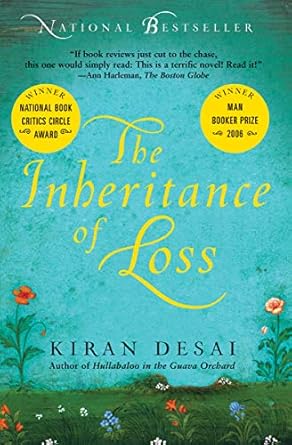
One of the known Indian Authors, Kiran Desai, ‘s book ‘The Inheritance of Loss‘ win the Booker Prize in 2006. The deep exploration in this novel about globalisation, post-colonial trauma, identity and topics like this drew the attention and earned the Booker Prize.
The novel is set in Kalimpong, from the perspective of Sai, a young girl living with her strict grandparents and Biju, an illegal immigrant in the United States.
The books reveal the common issues which we are facing when living outside the country. The problems like migrational issues, cultural indifference, social inequality, racism, and how people take it personally with political histories intersect.
Desai’s elegant and sharp writing strikes the balance of deep empathy and humour.
‘The Inheritance of Loss‘ highlights the tensions between tradition and modernity, celebrating its nuanced portrayal of human and societal conflicts.
5. The White Tiger by Aravind Adiga (Man Booker Prize, 2008)
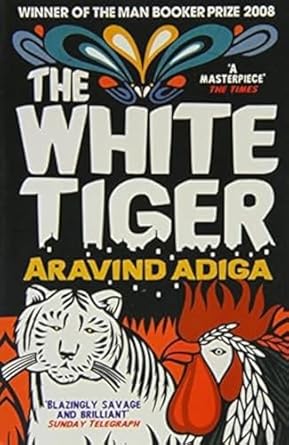
‘The White Tiger‘ is the debut novel by Aravind Adiga and won the Man Booker Prize in 2008, which is an achievement in itself. The commercial and critical success of this book by one of the Indian Authors shows the miracle of good deeds.
The novel shows Balran Halwai, a man who rises from poverty to build a big business and become a successful entrepreneur. The books reveal stark realities of Indian corruption and class divisions.
The truth and raw concept in these books give a bold critique of social hierarchies. Adiga’s writing exposes some witty banter and dark humour of the Indian economic boom.
The book demonstrated Indian Literature’s glimpse into morality, the struggle for survival and the complexities of ambition in the life of a commoner.
‘The White Tiger‘ stands through its real and raw materialistic approach towards society, compelling readers from both Indian and International audiences.
6. Tomb of Sand by Geetanjli Shree (International Booker Prize, 2022)
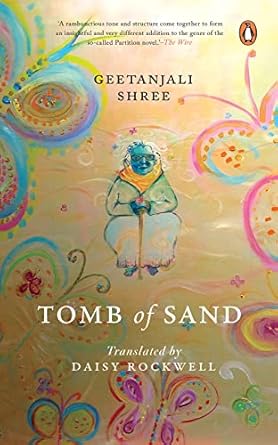
Indian Literature has a big part in the partition of India, which brings some peace into the ‘Tomb of Sand‘ by Geetanjali Shree. She was the first Hindi novel winner of the International Booker Prize in 2022.
The novel brings an 80-year-old woman who left Pakistan after the death of her husband. It follows by embarking on the transformative journey, which bridges traditional Indian narrativeness and techniques to counter global sensibilities.
Geetanjli’s style of writing and narration shows poetic, creative and deeply filled with the legacy of partition.
Her storytelling celebrated its emotional depth, literary daring and cultural insights about the history of India. The Indian Author is somehow obsessed with this topic and brings it to the global stage.
7. Heart Lamp by Banu Mushtaq (International Booker Prize, 2025)
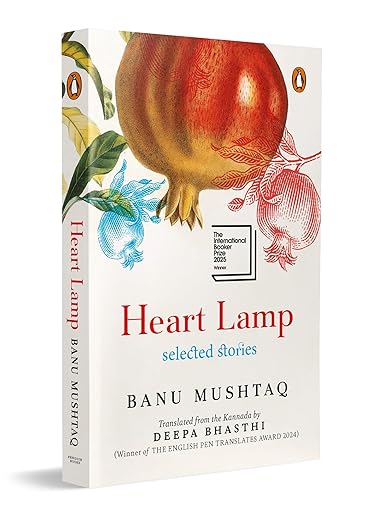
The Indian Author Banu Mushtaq, winner of the International Booker Prize this year, has given short stories named ‘Heart Lamp‘. It is the local and regional disruptive collection of short stories, initially and originally written in Kannada and translated into English by Deepa Bhasthi.
The Tale does not end here, but it is the centre of women and children living in a patriarchal society in southern India. The book has common and most trending topics of all time, yet it gives a unique and attractive outlook to the stories and diversity of the concept.
It addresses themes like faith, gender, caste and society in the Southern India region. The Author uses innovative and local language to combine the emotions and stories for their target audience. Translating into english brings stories to resonate with universal appeal in a vast world.
Mushtaq’s work was published over a long period from 1990 to 2023. Still, Heart Lamp grabs the attention and highlights his literary evolution and narrations to marginalised communities. This book brings depth, emotions, and authenticity, which directly show India’s reality.
Conclusion
These Indian Authors’ achievements in Indian literature, winning global literary awards, highlight the richness and versatility of Indian Literature. From post-colonial, social challenges to the gender and partitioned society.
These writers successfully bridged the cultural aspects and captured attention from the global audience. The work spans major issues, styles, themes, and insights.
The Indian authors reflect the global recognition of Indian Literature, gaining engagement with these narratives.
This celebrated the cultural identity and human condition by discovering these works for the first time when they had already won prizes on global platforms.

Pingback: Book Review Article: Emerging Economies in the 21st Century (2nd Edition): International Trade Balance Through Technology, Entrepreneurship, Innovation, Value Addition and Beneficiation by Dr. Kennedy J. Chitsamatanga - The Review Universe
Pingback: Book Review: Defending The Eagle By Frank Demith – A Tale of Valor, Loyalty, and the Shadows of War - The Review Universe